Contents
Introduction
Wilhelm Wundt is often regarded as the father of experimental psychology, pioneering the establishment of psychology as a distinct scientific discipline. His groundbreaking work laid the foundation for modern psychological research.
In this article, we will explore Wilhelm Wundt’s theories, his innovative experimental techniques, and his enduring influence on the field of psychology. Explore more psychologists, like Wilhelm Wundt, here.
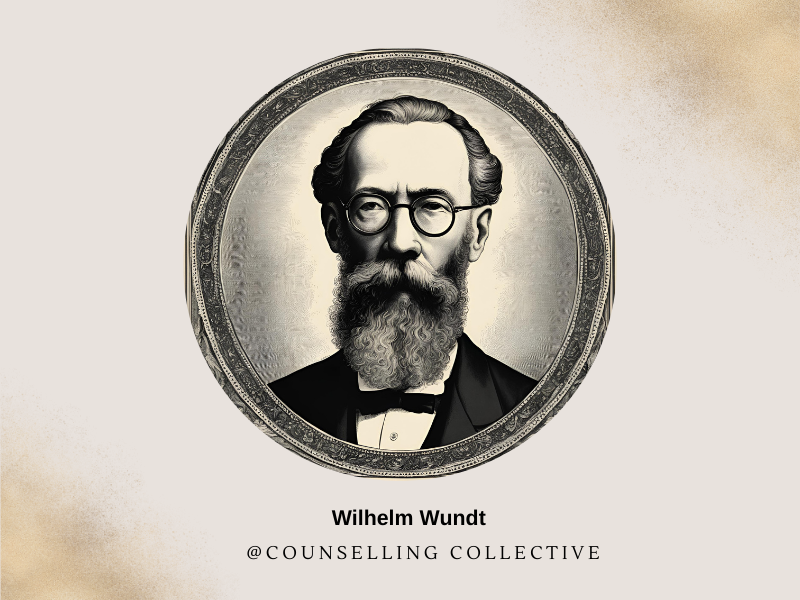
Life Of Wilhelm Wundt
In 1879, Wilhelm Wundt established the first experimental psychology laboratory at the University of Leipzig, marking a significant milestone in the field of psychology. He never married or had children, dedicating his life to his research and teaching. His pioneering work laid the foundation for experimental psychology, influencing countless students and researchers.
His relationships with colleagues and students reflected his dedication, intellect, and vision, enriching both his personal and professional life.
Image source- Bettmann / Contributor / Getty Images
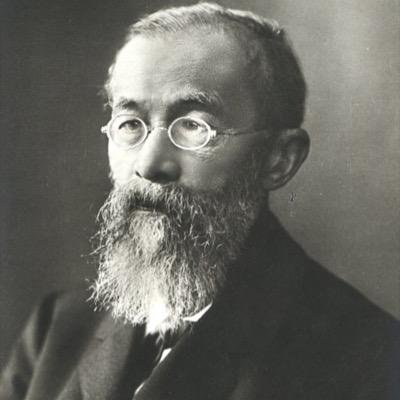
Wilhelm Wundt was born on August 16, 1832, in Neckarau, Baden (now part of Mannheim, Germany), into a family that valued education and intellectual pursuits.
- Childhood Environment: Growing up in a family that valued academic achievement, Wundt developed an early interest in science and philosophy.
- Early Career and Influences: Initially trained as a physiologist, Wundt transitioned to psychology, merging philosophical inquiry with experimental methods, thus establishing experimental psychology as a distinct scientific discipline.
Wilhelm Wundt continued to make significant contributions to psychology through his research, teaching, and publications. He passed away on August 31, 1920, in Großbothen, Germany, leaving behind a legacy of innovation and dedication in the field of experimental psychology.
Education Background of Wilhelm Wundt
| Education Level | Details |
| Undergraduate | University of Heidelberg, studied Medicine, earning his medical degree in 1856. His medical studies included physiological and psychological topics. |
| Doctorate | University of Heidelberg, received a Ph.D. in 1858. His dissertation focused on sensory perception and the physiological processes involved. |
| Postdoctoral Work | Conducted further research in physiology and psychology at the University of Heidelberg and other institutions, laying the groundwork for experimental psychology. |
| Notable Mentor | Influenced by his work with physiologist Hermann von Helmholtz, which shaped his approach to experimental psychology. |
Notable Works of Wilhelm Wundt
| Theory/Work | Details | Significance |
| Voluntarism | Introduced the idea that the mind actively organizes content into higher-order thought processes. | Laid the foundation for future theories on the active nature of the mind and intentionality in psychology. |
| The Doctrine of Inner Perception | Focused on the self-observation of immediate inner experiences. | Influenced introspective methods and cognitive psychology. |
| Theory of Apperception | Describe how new experiences are integrated with existing knowledge to form a coherent understanding. | Advanced the understanding of cognitive processes and attention. |
| Theory of Consciousness | Explored the nature of conscious experience and its contents. | Contributed to early theories of consciousness and perception. |
| Associative Psychology | Studied how mental associations between ideas and experiences shape thought processes. | Contributed to the development of associative learning theories. |
| Theoretical Foundations of Experimental Psychology | Provided theoretical basis for experimental approaches in psychology. | Strengthened the scientific framework for experimental research. |
Wilhelm Wundt’s work had a profound impact on psychology and related fields:
Cultural Impact: Wundt’s research in cultural psychology highlighted the role of culture in shaping human behavior and mental processes, laying the groundwork for future studies in this area.
Academic Institutions: Wundt established psychology as a scientific discipline and set a model for psychological research and education worldwide.
Famous Books and Publications
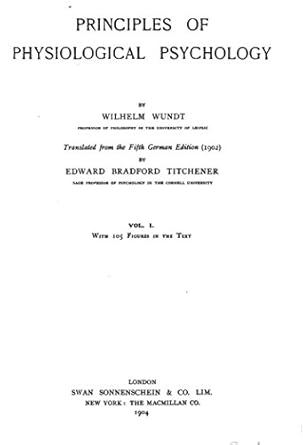
Principles of Physiological Psychology 1874

Elements of Folk Psychology by Wilhelm Wundt 1910

Lectures on the Psychology of the Language 1907

Outlines of Psychology by Wilhelm Wundt 1887
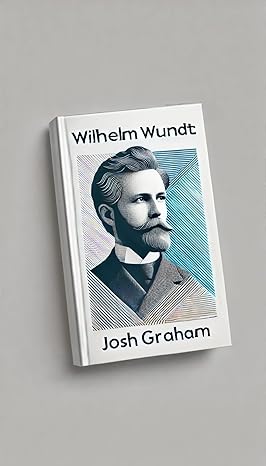
Wilhelm Wundt 2011
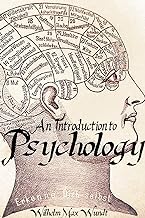
Introduction to Psychology 1896

Cultural Psychology 1900-1920
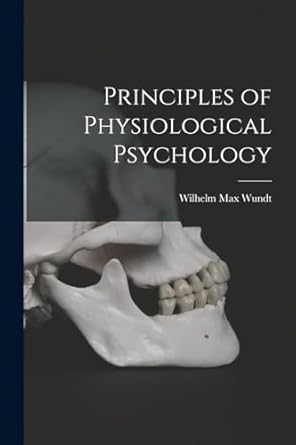
Principles of Social Psychology
Influence on Contemporary and Future Psychological Research
Wilhelm Wundt’s contributions have significantly shaped contemporary and future psychological research:
- Experimental Methods: Wundt’s introduction of rigorous experimental methodologies remains foundational, influencing modern research techniques and designs.
- Cultural Psychology: His work laid the groundwork for cross-cultural psychology, advancing research on how culture impacts mental processes and behavior.
- Educational Frameworks: Wundt’s Leipzig laboratory set standards for research institutions, shaping psychology education with a focus on empirical research and methodological rigor.
- Theoretical Foundations: His theories on apperception and conscious experience continue to inform contemporary cognitive psychology.
- Social Psychology: Wundt’s exploration of social and cultural factors paved the way for research on group dynamics and cultural influences on behavior.
Psychologists Influenced by Wilhelm Wundt
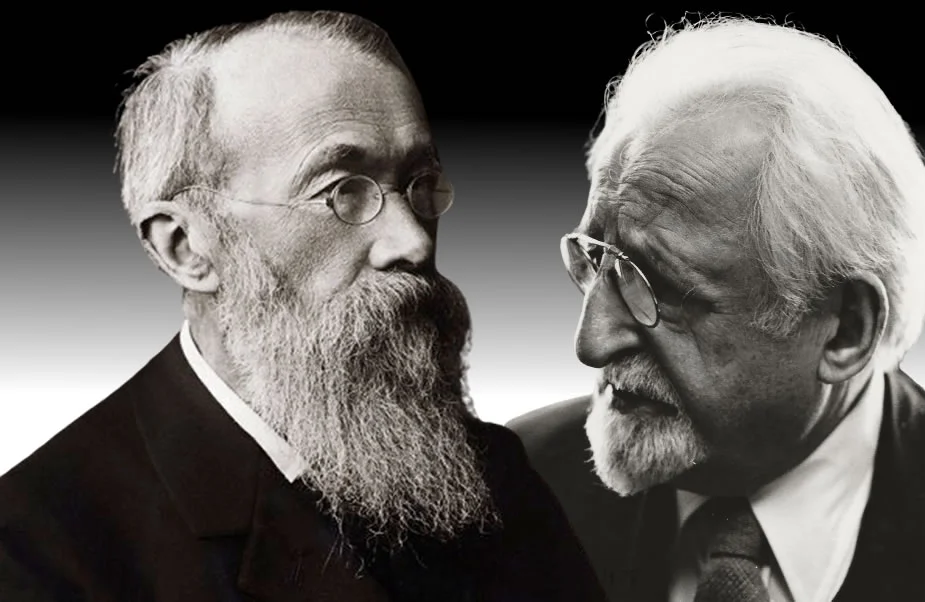
- Edward Titchener: Developed Structuralism, focusing on the structure of conscious experience using introspection, building on Wundt’s experimental methods.
- G. Stanley Hall: Founded the APA and promoted Wundt’s experimental psychology in the U.S., expanding its influence and application.
- William James: His work on Functionalism was shaped by Wundt’s empirical research methods, emphasizing the adaptive functions of consciousness.
- Max Wertheimer: Co-founded Gestalt psychology, extending Wundt’s research on perception and conscious experience to explore holistic processing.
- John Dewey: Integrated Wundt’s experimental approach into his work on Functionalism and educational reform, highlighting the practical applications of psychology.
- Hermann Ebbinghaus: Conducted pioneering research on memory and learning, utilizing experimental techniques inspired by Wundt’s methods.
Legacy of Wilhelm Wundt
- Founding Experimental Psychology: Established psychology as a scientific discipline with the first experimental laboratory, setting the standard for research methods.
- Influence on Research: His experimental techniques and focus on consciousness continue to shape modern psychological research and methods.
- Cultural Psychology: Pioneered the study of cultural influences on psychological processes, laying the groundwork for cross-cultural psychology.
- Educational Impact: His laboratory model influenced the structure and practices of psychological research institutions worldwide.
- Theoretical Contributions: Wundt’s theories on apperception and conscious experience inform contemporary research in cognitive and social psychology.
- Inspiration for Psychologists: His work inspired various schools of thought, including Structuralism, Functionalism, and Gestalt psychology.
Conclusion
Wilhelm Wundt’s pioneering efforts established the foundation of experimental psychology and significantly influenced the development of the field. His establishment of the first psychology laboratory and introduction of rigorous experimental methods set high standards for psychological research.
Wundt’s contributions to cultural psychology expanded the scope of psychological inquiry, while his theoretical innovations continue to inform contemporary research.
FAQs
What was the significance of Wundt’s experimental psychology laboratory?
Wundt’s laboratory at the University of Leipzig was the first dedicated to psychological research, establishing a formal approach to studying the mind using controlled experiments, which set a precedent for future psychological research worldwide.
What was the theory of Voluntarism proposed by Wundt?
Wundt’s theory of Voluntarism emphasized the role of will and conscious control in psychological processes. He believed that human experience is an active, organized process shaped by voluntary attention and intention, contrasting with the passive reception of stimuli. This theory laid the groundwork for his approach to experimental psychology, focusing on how individuals actively structure their experiences.
How did Wilhelm Wundt’s work differ from that of his contemporaries?
Wilhelm Wundt’s work differed from his contemporaries in that he established psychology as a distinct scientific discipline through rigorous experimental methods. Unlike other philosophers and psychologists who focused on introspection or philosophical speculation, Wundt used controlled experiments to study consciousness and mental processes.
What role did Hermann von Helmholtz play in Wundt’s career?
Hermann von Helmholtz significantly influenced Wundt’s career by shaping his understanding of physiological psychology and experimental methods. Helmholtz’s work on sensory perception and reaction times provided Wundt with crucial insights and methodologies that Wundt applied in his own research.
Why is Wundt’s work in cultural psychology important?
Wundt’s work in cultural psychology is important because it expanded the scope of psychological study beyond individual consciousness to include collective cultural phenomena. He introduced the concept of Völkerpsychologie (folk psychology), which examines how cultural and social factors shape mental processes and behavior.
Bibliography
- [1] Ash, M. G. (1995). John Stuart Mill and the role of psychology in philosophy. Routledge.
- [2] Boring, E. G. (1950). A history of experimental psychology. Appleton-Century-Crofts.
- [3] Danziger, K. (1990). Constructing the subject: Historical origins of psychological research. Cambridge University Press.
- [4] Glick, R. F. (1992). Wilhelm Wundt and the rise of psychology. In M. G. Ash & W. R. Woodward (Eds.), The science of psychology: A historical introduction (pp. 75-93). Cambridge University Press.
- [5] Hergenhahn, B. R., & Henley, T. (2013). An introduction to the history of psychology (8th ed.). Wadsworth, Cengage Learning.
- [6] Kusch, M. (1999). Psychology as a scientific discipline: Wundt and the formation of the experimental method. Routledge.
- [7] Levine, D. M., & Tolman, E. C. (2015). Psychological theories and their implications. Oxford University Press.
- [8] Wundt, W. (1874). Principles of physiological psychology. Engelmann.
- [9] Wundt, W. (1900-1920). Cultural psychology. Engelmann.
- [10] Yeo, R. (2004). Wilhelm Wundt: The founding of experimental psychology. In G. G. G. Smith & T. M. G. Lee (Eds.), The Cambridge history of psychology (pp. 120-140). Cambridge University Press.






